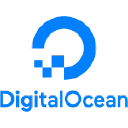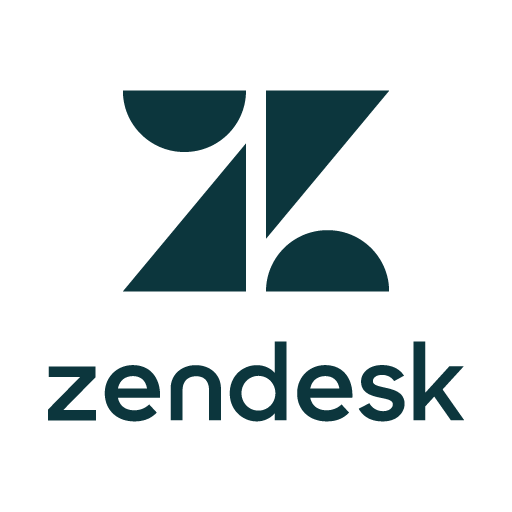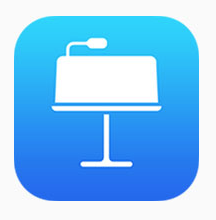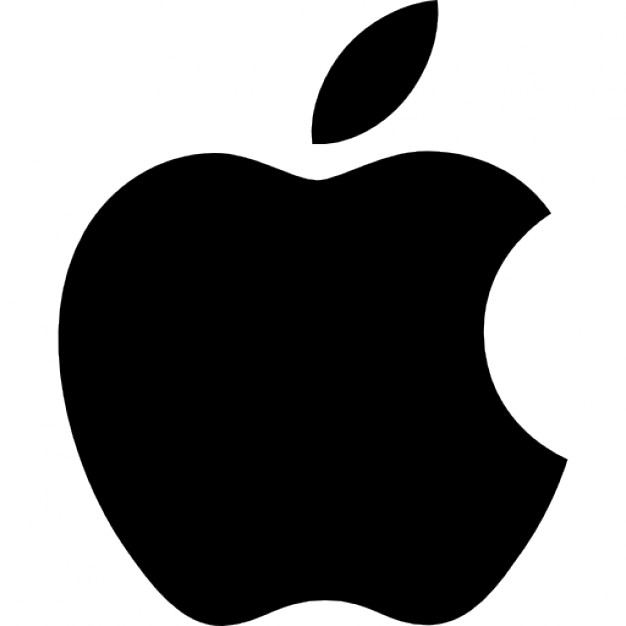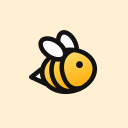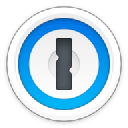How We Started A $18K/Month App And Browser Extensions Development Business
Hello! Who are you and what business did you start?
I’m Alex, the co-founder and CEO of Gikken /'gɪk ən/. We made a few apps and browser extensions used by 800,000 people every month. We’re (yet) small, profitable, and based in Europe’s most interesting city—Berlin, Germany.
Our flagship product is what we started with—Mate Translate. It’s a translator app that perfectly integrates with iOS, macOS, and all major browsers. Unlike mainstream translators like Google or DeepL, we’re targeting a smaller niche of language enthusiasts who translate really a lot. They want to just double click on a word, without having to copy-paste it into another tab, and then switch back. That’s what we offer—instant translations in any app and on any website without interrupting the workflow. And it saves our users many hours every week.


Download the report and join our email newsletter packed with business ideas and money-making opportunities, backed by real-life case studies.

Download the report and join our email newsletter packed with business ideas and money-making opportunities, backed by real-life case studies.

Download the report and join our email newsletter packed with business ideas and money-making opportunities, backed by real-life case studies.

Download the report and join our email newsletter packed with business ideas and money-making opportunities, backed by real-life case studies.

Download the report and join our email newsletter packed with business ideas and money-making opportunities, backed by real-life case studies.

Download the report and join our email newsletter packed with business ideas and money-making opportunities, backed by real-life case studies.

Download the report and join our email newsletter packed with business ideas and money-making opportunities, backed by real-life case studies.

Download the report and join our email newsletter packed with business ideas and money-making opportunities, backed by real-life case studies.

